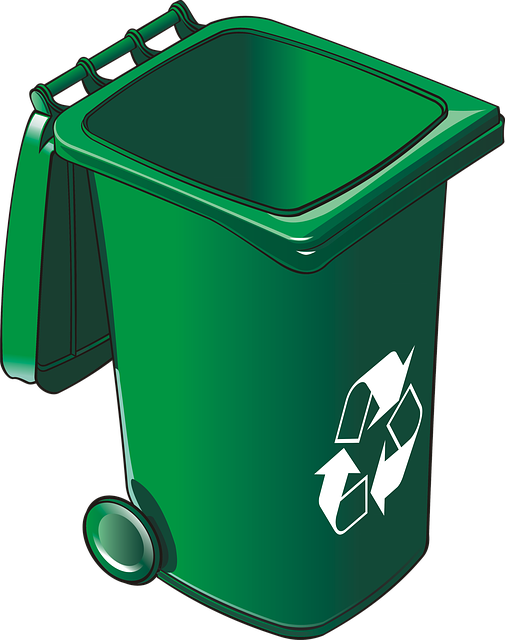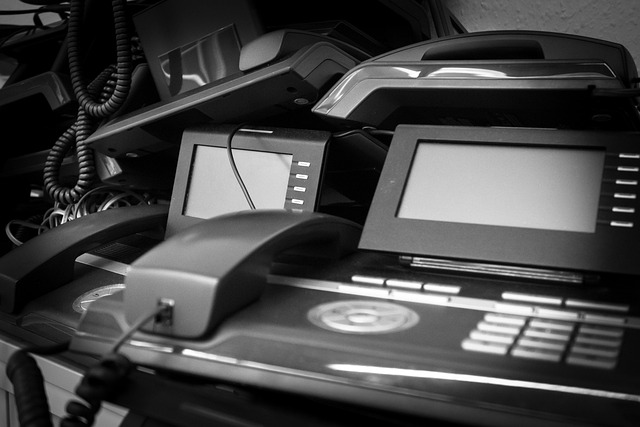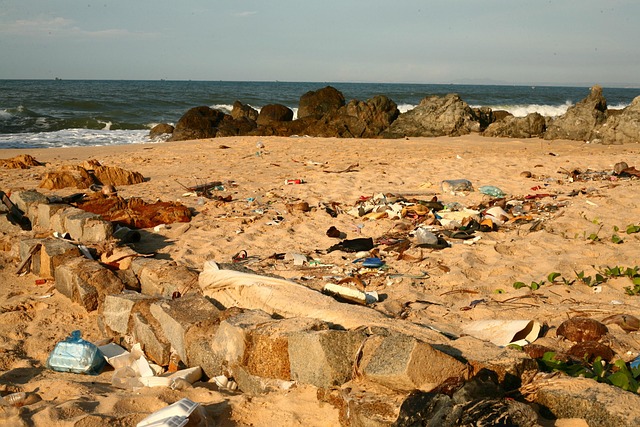Manhattan's vibrant startup scene generates significant e-waste due to rapid tech advancements. Efficient commercial e-waste recycling programs offer substantial environmental benefits and resource recovery. Startups can adopt sustainable e-scrap management practices by partnering with reputable Manhattan recycling centers, leveraging drop-off programs, and tracking KPIs for positive impact. Implementing these measures contributes to a circular economy, enhances sustainability profile, and aligns with NYC's environmental goals.
In the heart of Manhattan, startups are navigating a unique challenge: managing electronic waste (e-scrap) responsibly. With rapidly evolving technology, efficient commercial e-waste recycling programs become paramount for these innovative entities. This article explores strategies to tackle the growing e-scrap issue in Manhattan, from understanding local challenges to implementing sustainable practices and ensuring regulatory compliance. Discover how startups can measure success through key performance indicators while contributing to a greener future through effective commercial e-waste recycling initiatives.
- Understanding e-scrap challenges for startups in Manhattan
- Benefits of efficient commercial e-waste recycling programs
- Strategies to integrate sustainable e-scrap management practices
- Regulatory compliance and best practices for startups in NYC
- Measuring success: Key performance indicators for e-scrap initiatives
Understanding e-scrap challenges for startups in Manhattan

Startups in Manhattan face unique challenges when it comes to e-scrap management, given the city’s dense population and rapid technological advancements. As a hub for innovative businesses, New York City (NYC) generates substantial commercial e-waste, with many startups contributing to this growing problem. Proper disposal and recycling of electronic waste are essential to protect both the environment and public health.
Navigating the complex landscape of nyc sustainable technology solutions can be daunting for new businesses. Green IT recycling programs and NYC tech waste reduction initiatives offer valuable resources and support to help startups handle their e-scrap responsibly. By adopting these practices, Manhattan’s tech startups can contribute to a more circular economy while ensuring their operations align with the city’s environmental goals.
Benefits of efficient commercial e-waste recycling programs
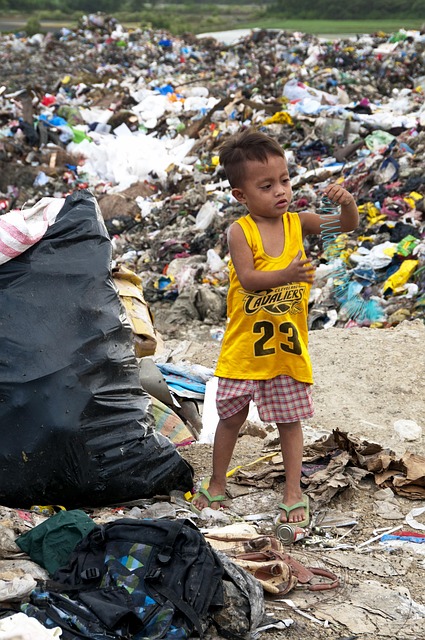
Efficient commercial e-waste recycling programs offer numerous benefits for Manhattan startups and their communities. By implementing robust e-scrap management strategies, businesses can significantly reduce environmental impact by diverting hazardous electronic waste from landfills. This not only minimizes pollution but also conserves natural resources and reduces greenhouse gas emissions, contributing to a greener Manhattan.
Moreover, proper commercial e-waste recycling enhances resource recovery, allowing for the reuse of valuable materials like gold, silver, aluminum, and rare earth elements. Manhattan startups can leverage these programs to stay ahead in sustainability, potentially gaining a competitive edge by aligning with eco-conscious consumers and regulatory requirements. Initiatives such as the Manhattan e-Steward certification and local electronic equipment recycling centers foster a circular economy, ensuring that electronic devices are recycled responsibly while creating job opportunities and promoting Manhattan’s commitment to sustainable electronics recycling.
Strategies to integrate sustainable e-scrap management practices

Implementing sustainable e-scrap management practices is a strategic move for startups in Manhattan looking to reduce their environmental impact and contribute to a greener future. One effective strategy is to partner with reputable commercial e-waste recycling Manhattan services that can ensure proper disposal and recycling of electronic waste. These experts follow rigorous protocols, ensuring hazardous materials are handled and processed safely and responsibly.
Additionally, startups should consider integrating tech-driven solutions like tracking software and circular economy models into their operations. By utilizing recycling centers for electronics in NYC, such as the nyc tech waste reduction program, businesses can efficiently collect, categorize, and recycle e-scrap, fostering a sustainable loop that benefits both the environment and local communities.
Regulatory compliance and best practices for startups in NYC

Startups in New York City (NYC) face unique challenges when it comes to managing their electronic waste (e-waste). Regulatory compliance is paramount, given the city’s stringent environmental laws and focus on sustainable practices. All businesses, regardless of size, must adhere to the Local Law 340, which mandates proper disposal and recycling of e-waste generated within the city. This includes items like computers, phones, and other electronic devices that are no longer in use.
To ensure best practices, startups should consider partnering with reputable commercial e-waste recycling centers in Manhattan. Services like Manhattan electronic waste drop-off programs or even dedicated e-waste collection events can facilitate responsible disposal. Moreover, many organizations offer office electronics recycling programs tailored to businesses’ needs, ensuring that old equipment is recycled or reused effectively while keeping up with NYC’s environmental standards.
Measuring success: Key performance indicators for e-scrap initiatives
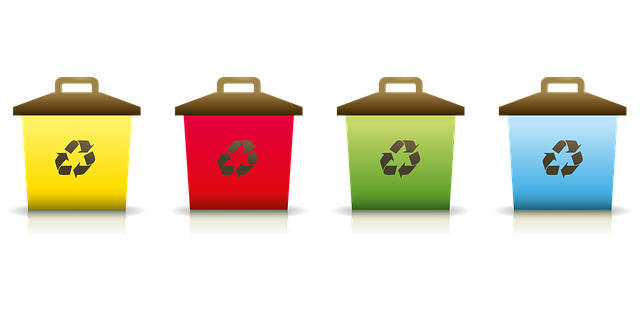
Measuring success is a critical aspect of any startup’s e-scrap management strategy, especially in the bustling commercial landscape of Manhattan. Key Performance Indicators (KPIs) for e-scrap initiatives should focus on both environmental and economic impacts to ensure sustainability. For instance, tracking the metric of “tonnes of e-waste recycled” per quarter not only highlights the volume of materials diverted from landfills but also demonstrates progress in establishing an effective recycling program.
Additionally, metrics like “customer participation rates” in green IT recycling programs or the number of “e-steward certified recyclers” involved in the city’s e-scrap management can provide valuable insights. These KPIs help startups assess their impact on the local environment and economy, guiding them to improve their strategies and contribute more effectively to Manhattan’s commercial e-waste recycling efforts. Moreover, monitoring these indicators can foster transparency, allowing businesses to showcase their commitment to sustainable practices to stakeholders, including customers and investors in the city.
Startups in Manhattan, with their innovative spirit, can greatly benefit from implementing effective e-scrap management strategies. By embracing sustainable practices and navigating the regulatory landscape, these businesses can contribute to the local community’s efforts in efficient commercial e-waste recycling Manhattan. The key lies in understanding the unique challenges, adopting best practices, and tracking success through relevant KPIs. This holistic approach ensures that startups not only minimize their environmental impact but also set a positive example for eco-conscious operations in New York City.









